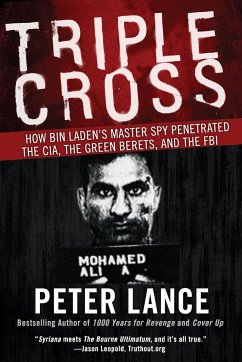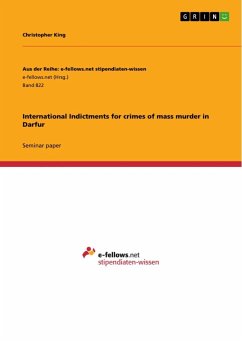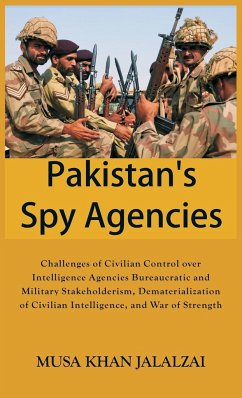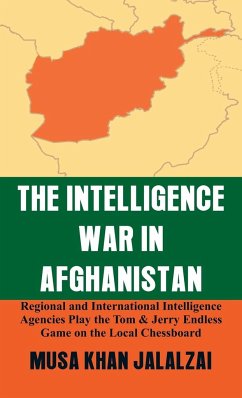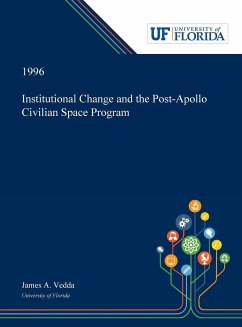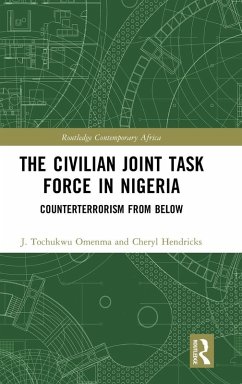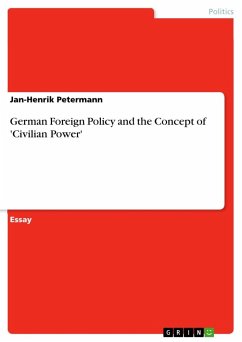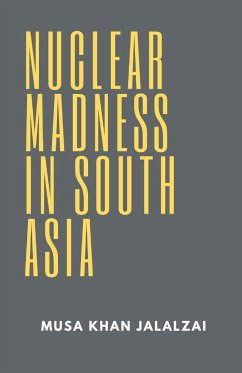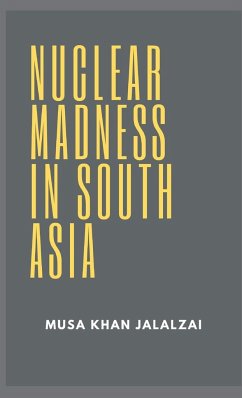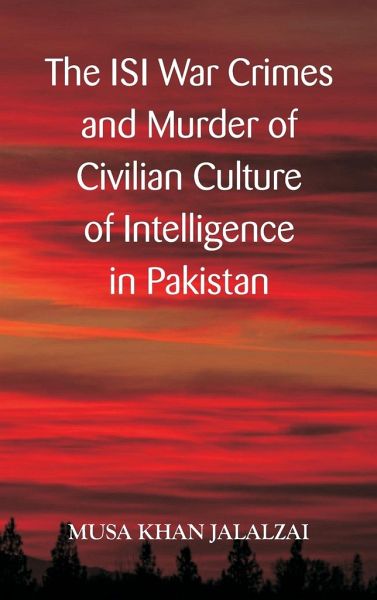
The ISI War Crimes and Murder of Civilian Culture of Intelligence in Pakistan
Versandkostenfrei!
Versandfertig in 1-2 Wochen
57,99 €
inkl. MwSt.

PAYBACK Punkte
29 °P sammeln!
The perspicacity that ISI is a number one intelligence agency in South Asia is not accurate; the agency is weak, militarized and its national security approach is controversial. It collects intelligence in an untraditional manner, which leads policy makers in the wrong direction. Its intelligence officers are not so greatly educated and unable to use modern intelligence technology properly. There are thousands of volunteer informers who work for the agency in different environments but don't even know the basic knowledge of intelligence information techniques. Their purveyed low-quality intell...
The perspicacity that ISI is a number one intelligence agency in South Asia is not accurate; the agency is weak, militarized and its national security approach is controversial. It collects intelligence in an untraditional manner, which leads policy makers in the wrong direction. Its intelligence officers are not so greatly educated and unable to use modern intelligence technology properly. There are thousands of volunteer informers who work for the agency in different environments but don't even know the basic knowledge of intelligence information techniques. Their purveyed low-quality intelligence information led policy makers in the wrong direction-the reason that they view Afghanistan and India with hostile military glasses. "The ISI does little to dispute its reputation as an omnipotent force. Fear is a powerful weapon. But talk of a 'rogue agency' is misplaced, and its abilities are frequently overestimated. While it is effective on street level, and seen by Western spy agencies as superior to its Indian rival, the Research and Analysis Wing (RAW), the ISI is not a professional service in the mould of the CIA or Britain's MI6. "The organization is afflicted by the same bungling and corruption as the rest of the Pakistani state. It has frequently lost control of its most dangerous assets-Puppet masters who can't control their puppets," as Robert Grenier, a former CIA station chief in Islamabad, put it. "And when it comes to analysis, the ISI has a poor record. 'They saw everything through pre-determined ideological prisms, rather like the KBG during the Cold War, a senior British official who worked with the ISI for decades told me. 'Frankly,' he added. 'None of their analysis was worth the paper it was written on'," it adds. The book titled, "The Nine Lives of Pakistan". Section from the book of (The Nine Lives of Pakistan) British journalist Declan Walsh.



